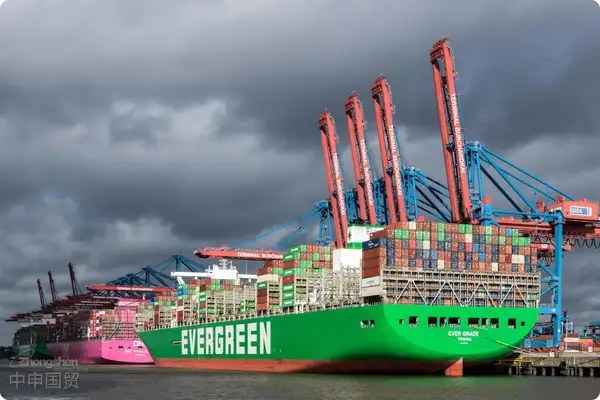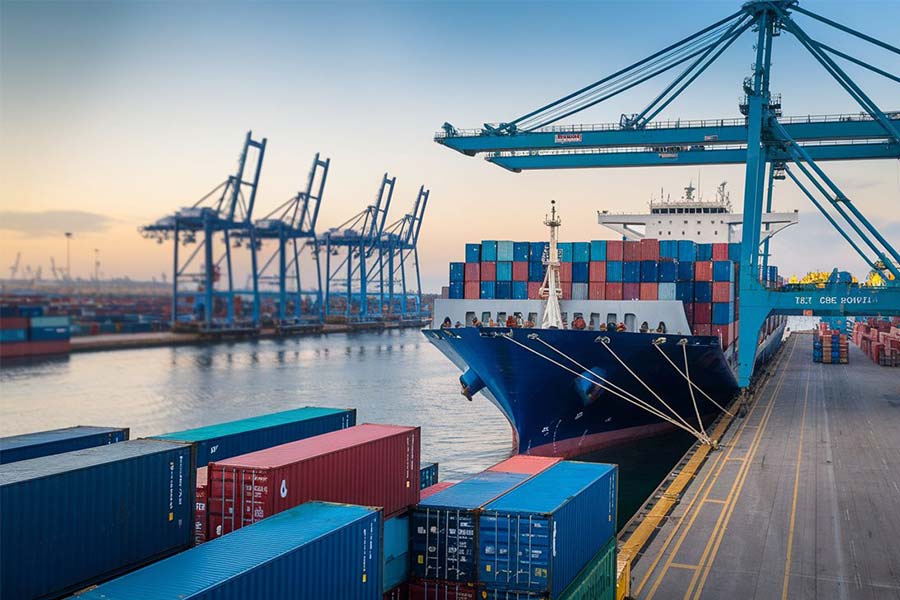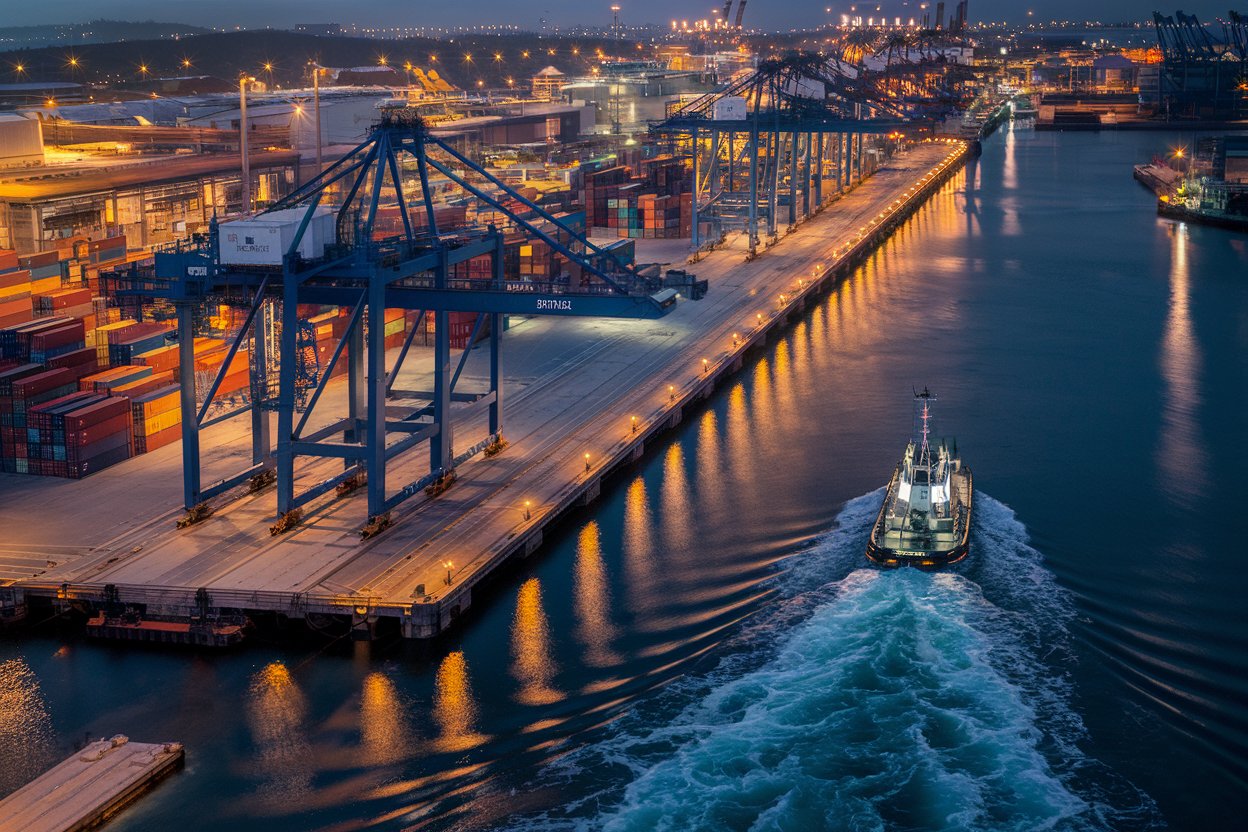- Shanghai Zhongshen International Trade Co., Ltd. - Two decades of trade agency expertise.
- Service Hotline: 139 1787 2118

Contents
ToggleFive Key Control Points for Imported Road Construction Equipment Agency
During the global infrastructure boom in 2025, the business volume of domestic engineering enterprises importing road construction equipment such as asphalt pavers and rollers increased by 23% year-on-year. With 20 years of hands-on experience,foreign tradeProxy experts, we will reveal through real casesImport RepresentationThe core control elements.
Prequalification and Equipment Access Specifications
Three fundamental qualifications that must be confirmed before import:
- Importer's Subject Qualification
- Customs AEO certification level (recommended M level or above)
- Construction Machinery Operation Filing Certificate
- Equipment Technical Access
- CE Certification/EPA Emission Standards (depending on the country of origin)
- Chinese Operation Manual Filing
Transportation solution cost comparison model
The following is a typical transportation cost analysis for equipment of different tonnages (unit: USD):
| Equipment type | Ro-Ro ship transportation | Flat Rack Container Transportation | Bulk carrier transportation |
|---|---|---|---|
| 30-ton asphalt paver | 18,500 | 22,000 | 15,800 |
| 50-ton roller | Not feasible | 28,500 | 23,200 |
Key Points in Customs Clearance Practical Operations
Based on Announcement No. 38 of 2025 from the General Administration of Customs, special attention should be paid to the import of construction machinery:
- The processing time for the import registration certificate of electromechanical products has been shortened to 3 working days.
- Second-hand equipment must provide original manufacturer refurbishment certification.
- The declaration of residual oil in the hydraulic system must be accompanied by a third-party inspection report.
Agency service provider selection criteria
The four core competencies of high-quality agents:
- Special Equipment Transport Qualification (e.g., Oversize Load Permit)
- Self-operated customs clearance team at the destination port
- Tariff Guarantee Insurance Processing Capability
- Temporary Storage Service During Equipment Debugging Period
Typical case analysis
Three major issues encountered by a central state-owned enterprise in importing Wirtgen milling machines from Germany in 2025:
- Technical parameters do not match the declaration, resulting in port detention (Solution: Urgently process parameter change filing).
- Vehicle tools were penalized for not being declared separately (Improvement plan: Establish a mechanism for declaring parts separately).
- Extended equipment debugging period resulting in storage fees (Countermeasure: Book bonded maintenance workshops in advance)
Risk prevention and control system construction
Three recommended risk control nodes to establish:
- Pre-shipment equipment condition notarization (SGS inspection is recommended)
- Access to GPS Monitoring System for Transportation Process
- 48-hour emergency response mechanism upon port arrival
Related Recommendations
? 2025. All Rights Reserved. Shanghai ICP No. 2023007705-2  PSB Record: Shanghai No.31011502009912
PSB Record: Shanghai No.31011502009912










